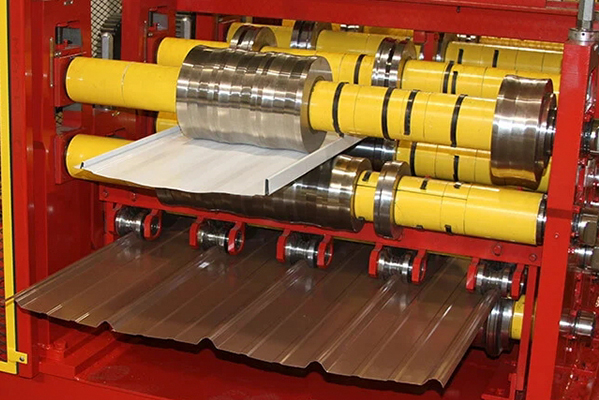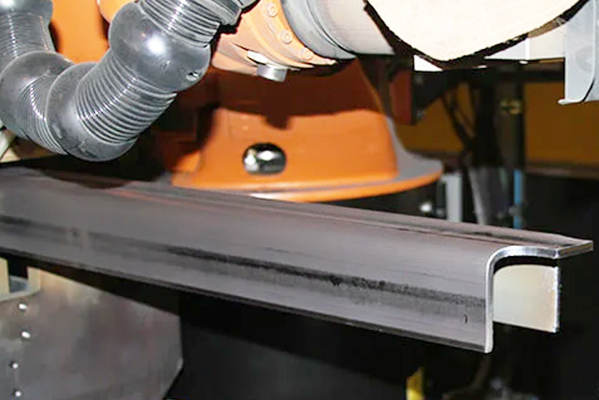Navigation Menu
Contact Us
- Email:
- info@wxavatar.com
- Address:
- Yurong Village, Yuqi Street, Huishan District, Wuxi, China.
Release Date:Apr 26, 2025 Visit:82 Source:Roll Forming Machine Factory
If you’ve ever wondered whether rolling machines are worth it, you’re not alone. These tools are used in different industries, from metalworking to dough rolling, and they come with their own pros and cons. Let’s break it down in simple terms.

What Are Rolling Machines?
Rolling machines are devices that flatten, shape, or thin materials by passing them between rollers. Some common types include:
Metal rolling machines – Used to shape sheets of metal.
Dough rollers – Found in bakeries to flatten dough evenly.
Plate rollers – Bend metal plates into curves or cylinders.
The Good Stuff
1.Consistency – Machines do the same job the same way every time, which is hard to match by hand.
2.Speed – They can process materials much faster than manual labor.
3.Less Physical Strain – Reduces the effort needed for heavy or repetitive tasks.
The Not-So-Good Stuff
1.Cost – Good-quality rolling machines can be expensive.
2.Maintenance – They need regular upkeep to keep working smoothly.
3.Learning Curve – Some machines require training to operate correctly.
Who Should Use Them?
Businesses – If you’re handling large volumes, a rolling machine can save time and labor costs.
Hobbyists – If you work with metal or dough often, it might be a useful investment.
DIYers – Smaller, manual versions can be handy for occasional projects.

Final Thoughts
Rolling machines can be a great tool if you need precision and efficiency. But if you only need to roll something out once in a while, manual methods might be enough. It all depends on how much you’ll use it and whether the benefits outweigh the cost for you.
So, are they any good? For the right user, yes—but they’re not a must-have for everyone.